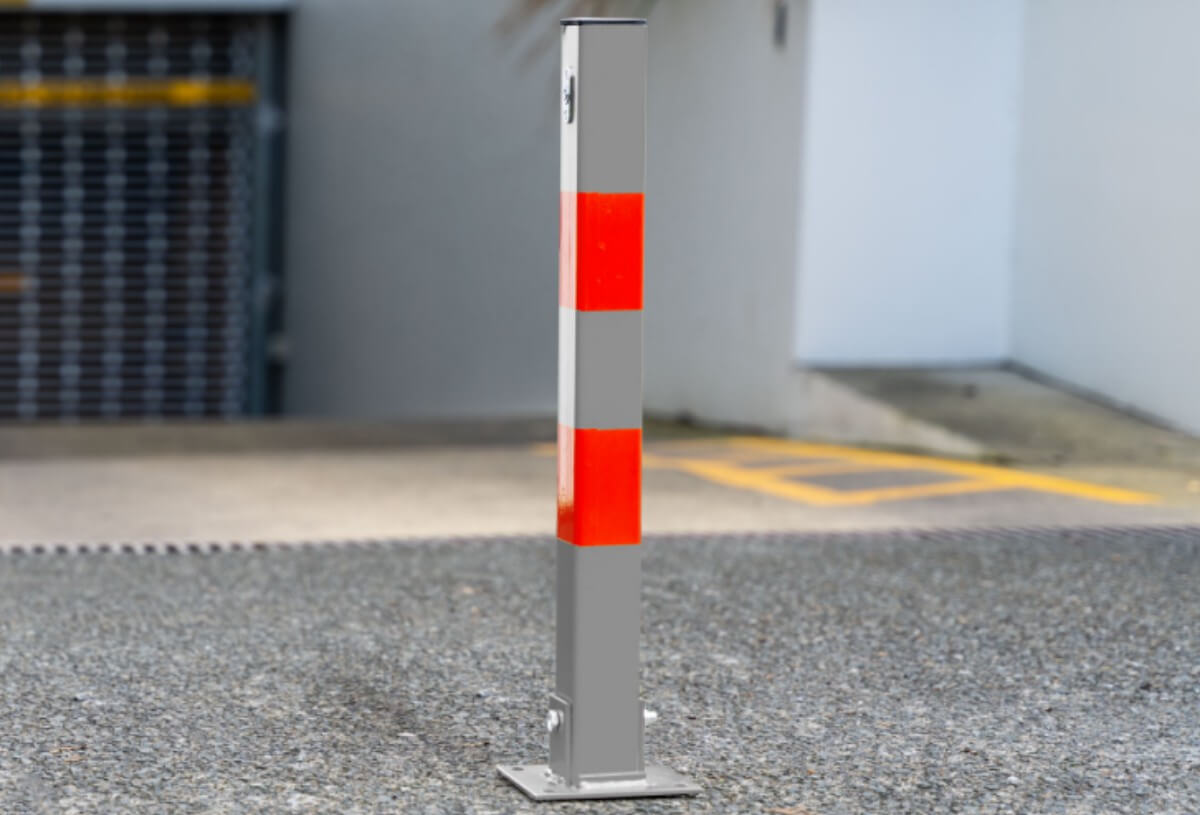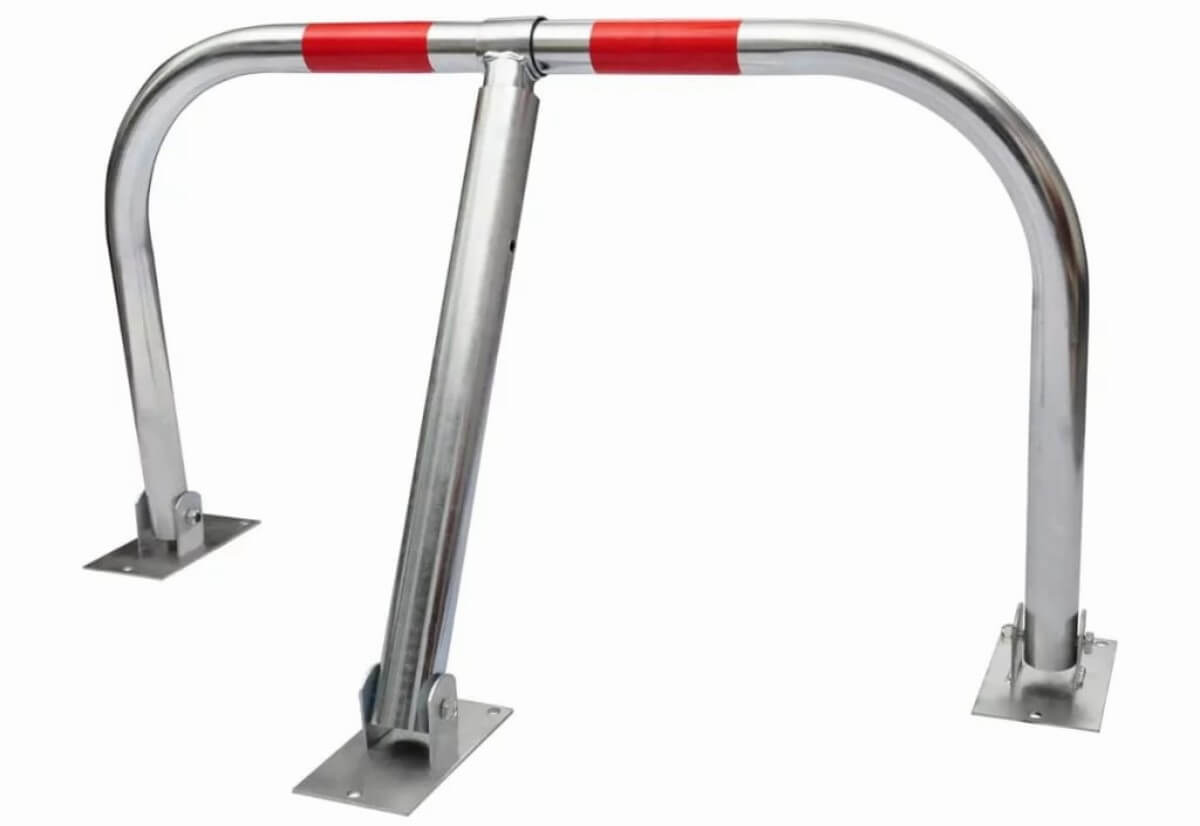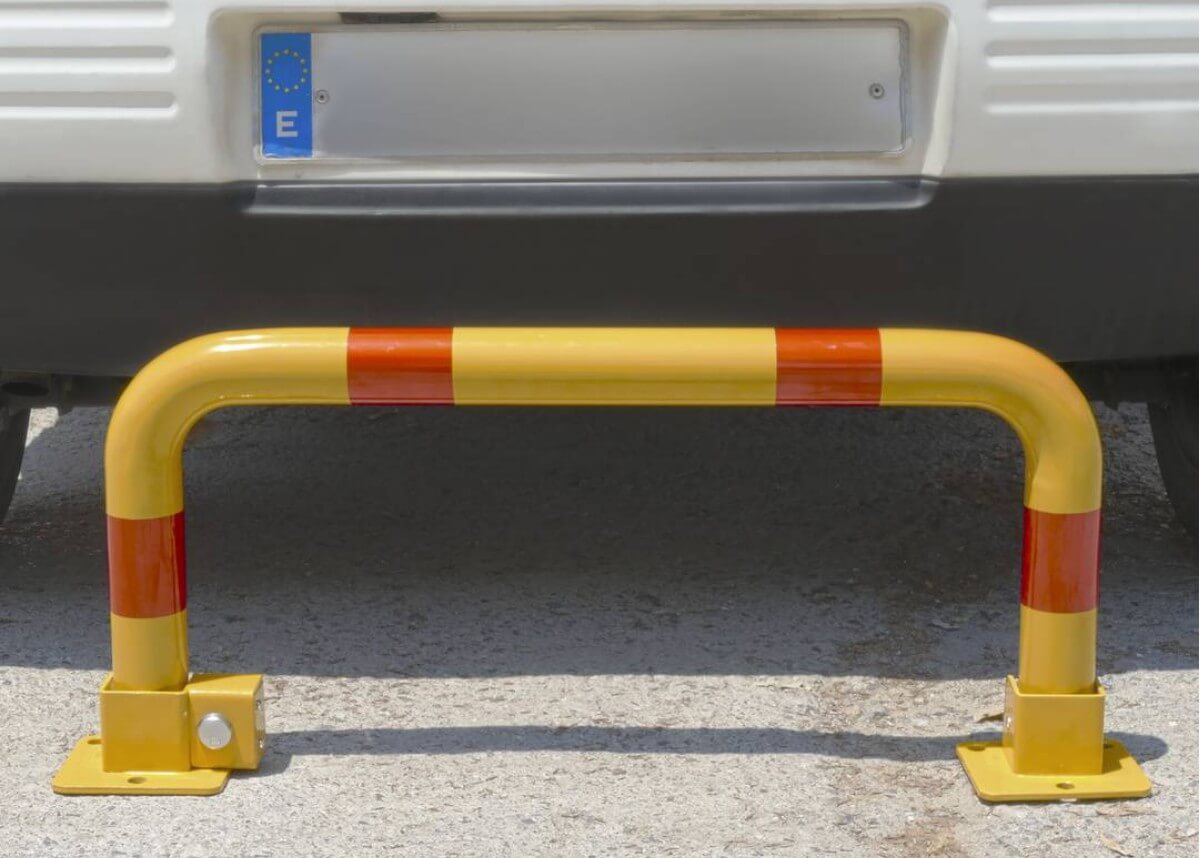A parking barrier is essential when it comes to managing access to parking lots, garages, and private properties. They not only provide security & manage traffic flow, but they also maintain order in the car park. This comprehensive guide will walk you through everything you need to know about parking barriers, from the different types to installation, maintenance, and how to integrate technology.
1. The vital role of parking barriers in everyday life
Parking barriers serve a crucial function by controlling vehicle access in and out of specific areas. They help provide security, prevent unauthorized access, and manage traffic flow in busy areas. Additionally, parking barriers can be used to reserve parking spots for specific individuals or groups, such as high-level executives, expectant mothers, or disabled persons.

2. Types of Parking Barriers: Manual vs. Automatic
There are two main types of parking barriers, and each type has its pros and cons, depending on your needs:
- Manual
- Automatic
Here’s a comparison table to help you understand the features, benefits, and drawbacks of manual and automatic parking barriers:
| Feature | Manual Parking Barriers | Automatic Parking Barriers |
| Cost | More affordable | More expensive |
| Security | Lower level | Higher level |
| Convenience | Less convenient | More convenient |
| Traffic Volume | Suitable for low-traffic | Suitable for high-traffic |
1)Manual Parking Barriers
Manual parking barriers need human intervention to operate. They are generally less expensive and easier to install, but may not provide the same level of security and convenience as automatic barriers.
2)Automatic Parking Barriers
Automatic parking barriers are controlled electronically, either remotely or through a control system. They offer higher levels of security and convenience but can be more expensive and may require professional installation.
3. How to choose the perfect parking barrier for your needs
There are many different factors that come into play when choosing a parking barrier for your needs. It is important to look at these factors and considerations before deciding which type of barrier to go with.
To do this, take a moment to reflect on a few key factors:
1)Security Needs
Think about the level of security you require. If you need high security, automatic barriers may be a better option due to their advanced access control features.
2)Budget Constraints
Manual parking barriers are often more affordable than their automatic counterparts. However, weigh the long-term benefits of investing in an automatic system against the short-term cost savings.
3)Traffic Flow
Consider the volume of traffic you expect. Automatic barriers may be more efficient in managing high-traffic areas, while manual barriers could suffice for lower traffic volumes.
4)Legal Requirements and Compliance
Be aware of any legal requirements in your area. For example, in the US, ensuring you are fully compliant with the appropriate rules and regulations such as ADA regulations and local zoning laws. These may have a big impact on the feasibility of your parking barrier installation. Be sure to always consult with local authorities and professionals to ensure this compliance.

4. Common issues & solutions
The following are answers about packing barriers.
1)Possible problems with parking barriers
Like any other equipment, parking barriers may encounter issues over time. Some common problems and their solutions include:
- Stuck barrier: If the barrier is stuck, check for any obstructions and remove them. If the problem persists, the barrier mechanism might need lubrication or repair.
- Slow operation: Slow operation could indicate a power issue or a mechanical problem. Inspect the power supply and ensure it is functioning correctly. If the issue persists, a professional inspection may be necessary.
- Unresponsive access control: If the access control system is not responding, ensure that the power supply is functioning and that all connections are secure. If the issue remains unresolved, it might be time to consult a professional technician.
2)Ensuring a seamless parking barrier installation: DIY or professional help?
It’s true that some parking barriers can be installed by a DIY enthusiast with the right tools and skills. However, be aware that improper installation may result in poor performance or even damage to the barrier.
For a more secure and reliable installation, consider hiring professional installers. They have the expertise and tools to ensure a proper setup that will function smoothly and efficiently.
Additionally, professionals can help you navigate legal requirements and compliance, making the installation process hassle-free.
3)Keeping your parking barrier in top Shape: Maintenance and troubleshooting tips
If there’s one thing that’s for sure with parking barriers is that something will go wrong. This is why effective & regular maintenance is so essential for the longevity and proper functioning of your parking barrier.
This may include cleaning, lubricating moving parts, and checking for any signs of wear or damage. Consult a professional parking barrier manufacturer for specific maintenance recommendations.

5. Conclusion
Mastering parking barriers involves understanding the different types, selecting the right one for your needs, and ensuring proper installation and maintenance.





Leave A Comment